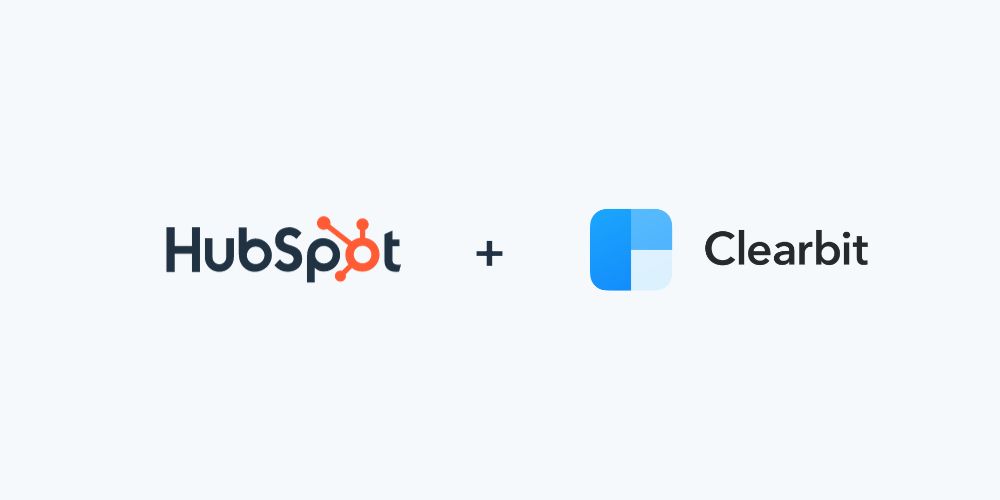
Meta announced today that it will introduce an ad-free subscription in the EU, EEA, and Switzerland regions next month. From its press release:
To comply with evolving European regulations, we are introducing a new subscription option in the EU, EEA and Switzerland. In November, we will be offering people who use Facebook or Instagram and reside in these regions the choice to continue using these personalised services for free with ads, or subscribe to stop seeing ads. While people are subscribed, their information will not be used for ads.
The price point of the subscription is €9.99 / month when purchased on the web and €12.99 / month when purchased in-app (to account for each platform’s fee).
I wrote about this eventuality last month in Meta’s inevitable detour with EU privacy: “Pay or Okay”. But the recent history of this development dates back at least as far as January of this year when the Irish DPC determined that Meta could not use the Contractual Necessity basis under the GDPR to process user data (including first-party data) for personalized advertising, issuing a €390MM fine to the company. The situation developed rapidly from that point:
- January 2023: The Irish DPC determines that Meta may not use contractual necessity to process user data for the purposes of personalized advertising;
- March 2023: In complying with the Irish DPC’s decision to bring its practices under compliance with the GDPR within three months, Meta announces that it will allow EU users to opt out of personalized advertising, while also changing the legal basis under which it processes user data for the purposes of personalized advertising from contractual necessity to legitimate interest;
- July 2023: The CJEU, Europe’s highest court, issues commentary that calls into question the use of the legitimate interest legal basis for data processing for the purposes of ads personalization, opening the door for various DPAs to challenge Meta’s use of that legal basis. This commentary was issued alongside a judgment in a case brought against Meta by the German competition authority in which the CJEU ruled that data privacy issues could, in some cases and with limited latitude, be investigated as competition concerns;
- July 2023: Norway’s DPA issues a temporary ban on Meta’s use of personalized advertising, using the CJEU’s commentary as support. Norway appealed to the EDPB, the authority tasked with enforcing the GDPR, last month to institute the ban on a permanent basis;
- August 2023: Meta announces that it will change the legal basis under which it processes user data for the purposes of ads personalization from legitimate interest to consent;
- September 2023: Reporting reveals that Meta is pursuing a “Pay or Okay” strategy in the EU, wherein it will allow the free use of its Facebook and Instagram products in return for user consent but will gate product usage behind a subscription payment for any user that chooses to not consent;
- October 2023: Meta officially reveals its subscription product in the EEA, EU, and Switzerland, which will become available next month.
The topic of data privacy in Europe is convoluted, intricate, and dizzyingly fast-moving. And while I think the provision of optionality to users is always a de facto positive development, I believe that Meta may have outmaneuvered the EU privacy apparatus with this decision, should it go unchallenged. My sense is that very few users will choose the subscription option in Europe; Meta will be able to use this low adoption rate to champion the ad-supported business model as a clear consumer preference, which may undermine the premise of many of the privacy interventions outlined above.
And Meta will make more money from subscribers in Europe than it currently does from ads. Meta’s ARPU from the “Europe” reporting region in Q3 2023 was $19.04; web subscribers will pay Meta €29.97 per quarter, or $31.79. The commercial calculus that Meta surely investigated — as did I, in this piece — is the degree of user churn that will be engendered when the Pay or Okay decision is posed. That is: how many users will simply stop using Meta’s apps when forced to either consent or pay for a subscription?
To my mind, the users most sensitive to privacy concerns are unlikely to be using Meta’s apps in the first place. And by extension, my sense is that very few active users — who are, by definition, comfortable with having their data processed for the purposes of ads personalization — will choose to subscribe to avoid it. So while users are offered this choice — again, a good thing! — it’s really a choice that had always been available to them: accept personalized ads as a product usage subsidy or stop using Meta’s apps altogether. The subscription offering seems more like a token gesture that allows Meta to conform to the EU’s restrictive and quixotic privacy protocol. Meta has cut the Gordian Knot.

